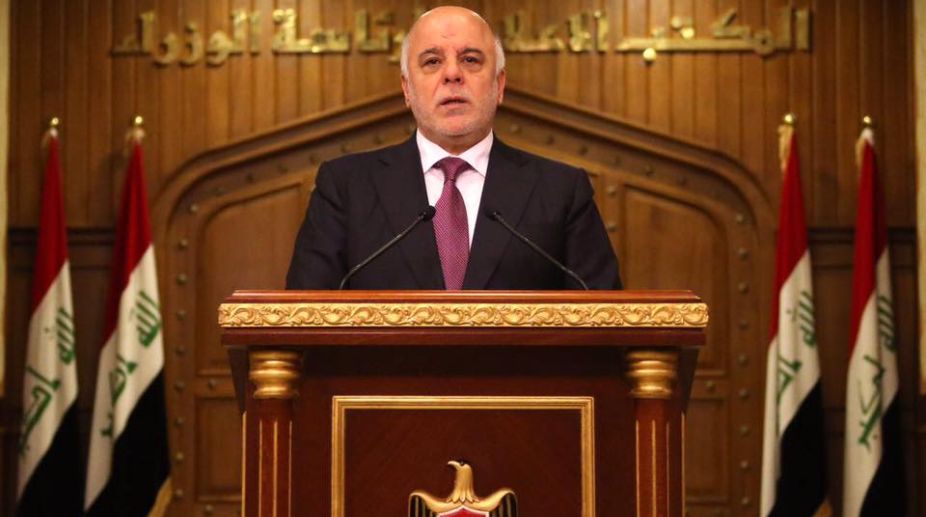It has been a shock verdict at the hustings in Iraq, one that is bound to impinge on the nature of geopolitics, pre-eminently in relation to the United States. The firebrand cleric, Moqtada al-Sadr, has been catapulted to centre-stage, and it is open to question whether the person at the helm will also effect a change in the nature of governance and the societal construct in an intrinsically theocratic land. Quite the most striking feature of the result must be that he has upstaged the incumbent Prime Minister, Haider al-Abadi ~ incidentally Washington’s preferred candidate. Given the political twists and turns in Iraq, it may be some time before a government takes office in beleaguered Baghdad, indeed for the critical change to fructify.
Putting together a government is likely to take several months. Going by constitutional certitudes, a coalition of at least 165 seats is required. It is a commentary on Iraq’s inherent fragility that the alliances that were formed before the election are unlikely to hold. The political power-play can be uniquely Iraq, and the speculation that Abadi could be appointed for a second term with Sadr’s support are not wholly unfounded. Both blocs campaigned on nationalist lines and are wary of Iranian influence. The Shia cleric, who contested on a nationalist platform, has been robustly against the US; he had even led a militia that played a leading role in the civil war and the fight against the American occupation in the years after the invasion that ousted Saddam Hussein.
Advertisement
Having binned the nuclear deal with neighbouring Iran, Donald Trump will now have to countenance an Iraq that is on a different wavelength altogether when viewed through the prism of foreign policy. The US President’s approach to matters diplomatic may be different, but for all the follies and foibles there is little doubt that he has changed the foreign policy landscape. The region will be in a flux, still more so as Sadr has been a consistent critic of Iran’s role in Iraq, putting him at odds with significant sections of the political establishment.
It is significant too that Abadi has come third in the vote, trailing both Sadr and Hadi al-Ameri, the Iranian-backed leader of Shia militia groups who helped the national military defeat the Islamic State of Iraq and Syria. Last week’s election assumes additional importance as it follows the subjugation of ISIS in one of the countries where it germinated, and from where the fanatically furious Caliphate derives part of its name. Sadr’s overall victory is profoundly significant for a candidate who is viewed by many outside Iraq as hostile, and by politicians as what they call a “spoiler candidate”. His nationalist credentials have not been tested in terms of diversifying the economy and curbing corruption. The coalition assembly will be a crucial battleground in America’s dealings with both Iraq and Iran ~ a potentially volatile triangle.











